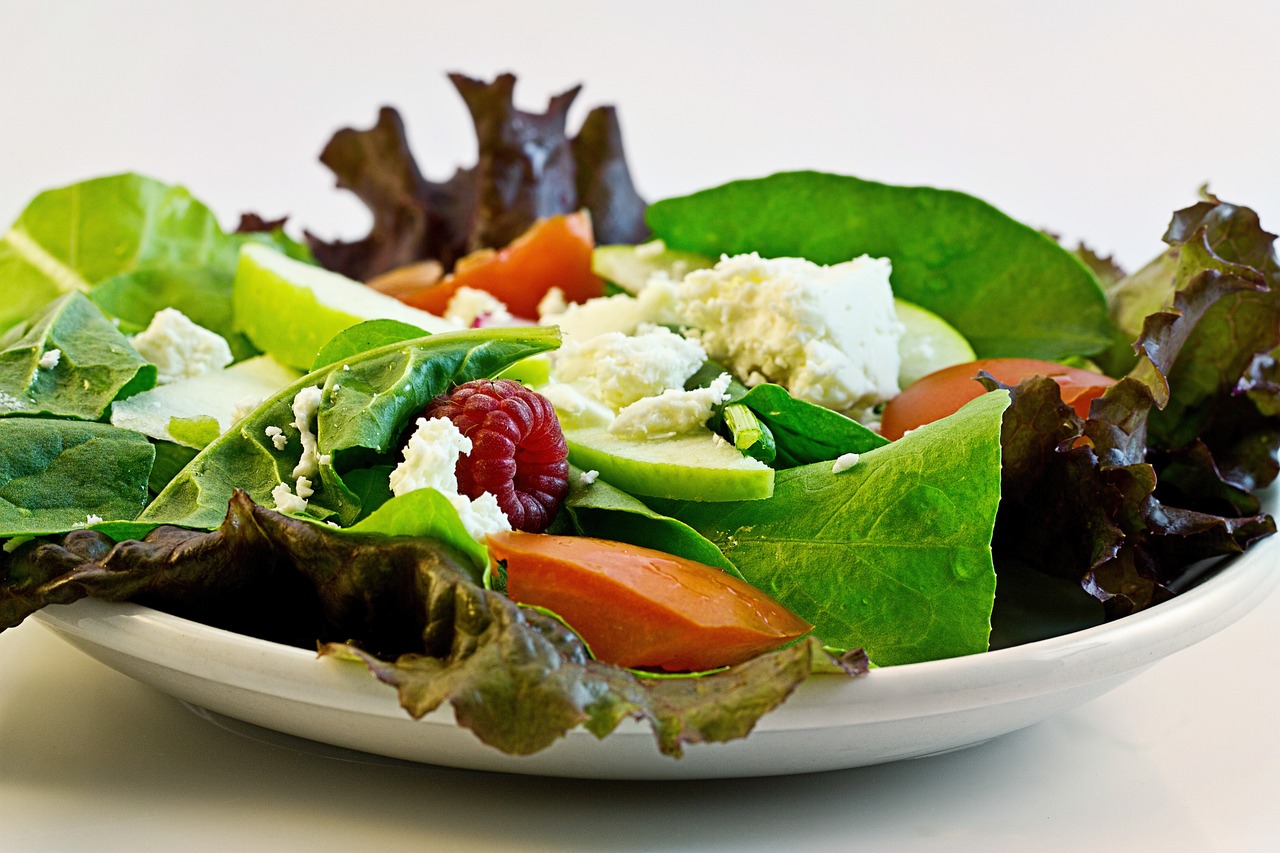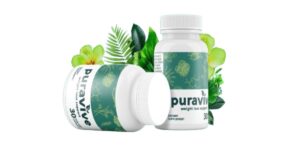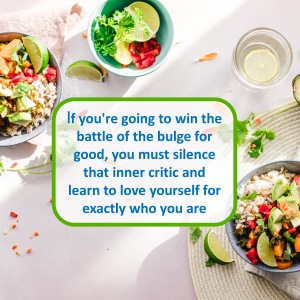When it comes to Healthiest Weight Loss Diet weight loss, it’s easy to get lost in the sea of diet plans, trends, and tips. But here’s the good news: the healthiest weight loss diet isn’t about following extreme restrictions or fad diets. It’s about eating nutrient-dense foods that nourish your body, increase metabolism, and promote fat burning in a sustainable, long-term way.
In this article, I’ll guide you through the components of the healthiest weight loss diet, why they’re important, and how you can apply them to your daily life. If you’re ready for a weight loss journey that’s as healthy as it is effective, keep reading!
What is the Healthiest Weight Loss Diet?
The healthiest weight loss diet is a balanced, nutritious approach to eating that helps you lose weight without depriving yourself of essential nutrients. It’s not about cutting out entire food groups but rather choosing the right foods in the right proportions to promote fat loss while supporting overall health.
Understanding the Core Principles of a Healthy Weight Loss Diet
A healthy weight loss diet consists of three core principles: balance, variety, and moderation. By eating foods from all food groups in proper amounts, you ensure your body gets the fuel and nutrients it needs to function optimally while losing weight.
Why a Balanced Diet is the Key to Effective Weight Loss
Weight loss isn’t just about restricting calories. It’s about eating a balance of protein, fats, carbs, and fiber. A healthiest weight loss diet boosts your metabolism, regulates hormones, and supports fat loss without feeling hungry or deprived.
Components of the Healthiest Weight Loss Diet
To build a healthiest weight loss diet, you need to focus on macronutrients (protein, fats, and carbs) and micronutrients (vitamins and minerals). Let’s dive into each component and see why they’re essential for weight loss.
1. Protein: Essential for Building Muscle and Burning Fat
Protein is a key player in any weight loss diet. It helps build and preserve lean muscle mass, which is crucial for boosting metabolism. When you lose weight, it’s important to keep your muscle mass intact while shedding fat. Protein also keeps you full for longer, helping you avoid overeating.
Best Sources of Protein for Weight Loss
- Lean meats like chicken and turkey
- Fish such as salmon and tuna
- Eggs and egg whites
- Legumes and beans
- Plant-based protein like tofu and tempeh
- Greek yogurt and cottage cheese

2. Healthy Fats: Vital for Sustained Energy and Fat Metabolism
Healthy fats play a crucial role in regulating hormones and supporting fat metabolism. They also help you stay full, making it easier to avoid snacking between meals. Healthy fats are essential for nutrient absorption, including fat-soluble vitamins like A, D, E, and K.
Role of Healthy Fats in Weight Loss
Incorporating healthy fats into your diet ensures that your body efficiently burns fat, rather than storing it. Fats are also critical for long-lasting energy, which is essential for physical activity and overall weight loss.
3. Carbohydrates: Fueling Your Workouts and Supporting Fat Loss
Carbohydrates are often misunderstood in weight loss diets. While simple carbs can contribute to weight gain, complex carbs provide slow-burning energy that helps fuel workouts and everyday activities. The healthiest weight loss diet includes fiber-rich complex carbs that prevent blood sugar spikes and promote fat burning.
Choosing the Right Carbs for a Healthy Weight Loss Diet
4. The Secret to Fullness and Digestive Health
- Sweet potatoes
- Brown rice and quinoa
- Whole grains like oats and barley
- Legumes like lentils and beans
Fiber is essential in a healthiest weight loss diet because it helps with digestion, keeps you full, and supports healthy gut bacteria. Fiber slows down the digestive process, preventing hunger pangs and reducing overall calorie intake. Plus, it helps regulate blood sugar, which is crucial for controlling cravings.
Top Fiber-Rich Foods for Weight Loss
- Vegetables like spinach, broccoli, and kale
- Fruits such as apples, pears, and berries
- Whole grains like oats, quinoa, and brown rice
- Legumes like beans, lentils, and peas
Portion Control: Eating the Right Amount for Weight Loss
Even the healthiest foods can lead to weight gain if consumed in excess. Portion control is key when following a healthiest weight loss diet. Eating in moderation ensures that you maintain a calorie deficit without depriving your body of essential nutrients.
Why Portion Control is Essential for a Healthy Weight Loss Diet
Controlling portion sizes helps prevent overeating and ensures you’re eating the right amount of calories. It’s about quality over quantity—eating the right foods in the right amounts.
Tips for Mastering Portion Control
- Use smaller plates and bowls to reduce portions
- Practice mindful eating: focus on the taste and texture of your food
- Track your meals to stay aware of portion sizes


Meal Timing: Eating at the Right Times for Maximum Fat Burn
Meal timing can impact your metabolism and hunger levels. By spreading meals throughout the day, you avoid overeating and keep your metabolism active. Eating the right foods at the right times can accelerate fat loss.
When to Eat for Optimal Weight Loss
Aim for 3 balanced meals per day, with small, healthy snacks in between if needed. Eating every 3-4 hours keeps your metabolism steady.
Does Skipping Meals Help in Weight Loss?
Skipping meals can lead to overeating later in the day and may slow down your metabolism. Instead, focus on regular, balanced meals to keep energy levels stable.
Exercise and the Healthiest Weight Loss Diet
While diet plays a significant role in weight loss, exercise is essential for accelerating fat loss and building muscle. The healthiest weight loss diet combined with regular physical activity will help you reach your goals faster and maintain them long-term.
How Exercise Enhances Weight Loss
Exercise increases calorie expenditure and helps build lean muscle, which boosts metabolism. It also improves mood and reduces stress, which can help you stick to your diet plan.
Best Exercises to Support Your Weight Loss Journey
- Cardio: Running, swimming, or cycling
- Strength training: Weightlifting or bodyweight exercises
- HIIT: Short bursts of intense exercise with rest intervals
Hydration: The Often Overlooked Element of Weight Loss
Drinking enough water is crucial for supporting your metabolism, digestion, and overall health. Water helps flush out toxins, reduces bloating, and curbs hunger.
How Much Water Should You Drink for Weight Loss?
Drink at least 8 cups (64 ounces) of water a day. You may need more if you’re exercising or in hot weather.
Common Mistakes in Following the Healthiest Weight Loss Diet
Even with a healthy diet, it’s easy to fall into some common pitfalls that slow down weight loss progress.
Relying Too Much on Supplements or Fad Diets
Supplements and fad diets often promise fast results but are not sustainable or healthy. Focus on whole foods and balanced nutrition for long-term success.
Not Getting Enough Nutrients
Avoid restrictive diets that cut out entire food groups. Make sure to eat a variety of nutrient-rich foods to support your body’s needs.
Conclusion: Maintaining a Sustainable Weight Loss Journey with the Healthiest Weight Loss Diet
The healthiest weight loss diet is about creating a sustainable way of eating that supports your long-term health and weight loss goals. By focusing on nutrient-dense foods, portion control, meal timing, and exercise, you can lose weight in a healthy and sustainable way. Stay consistent, stay motivated, and you’ll see the results!
FAQs
Yes, staying hydrated supports metabolism and helps control hunger.
How long will it take to see results with the healthiest weight loss diet?
Expect to see noticeable results within 4-6 weeks with consistency.
Can I lose weight without exercising?
Yes, but exercise accelerates fat loss and builds lean muscle.
What is the healthiest weight loss diet for beginners?
Focus on whole foods, lean protein, healthy fats, and fiber.
Can I eat carbs while on a weight loss diet?
Yes, opt for complex carbs like whole grains and vegetables.
Is drinking water important for weight loss?






